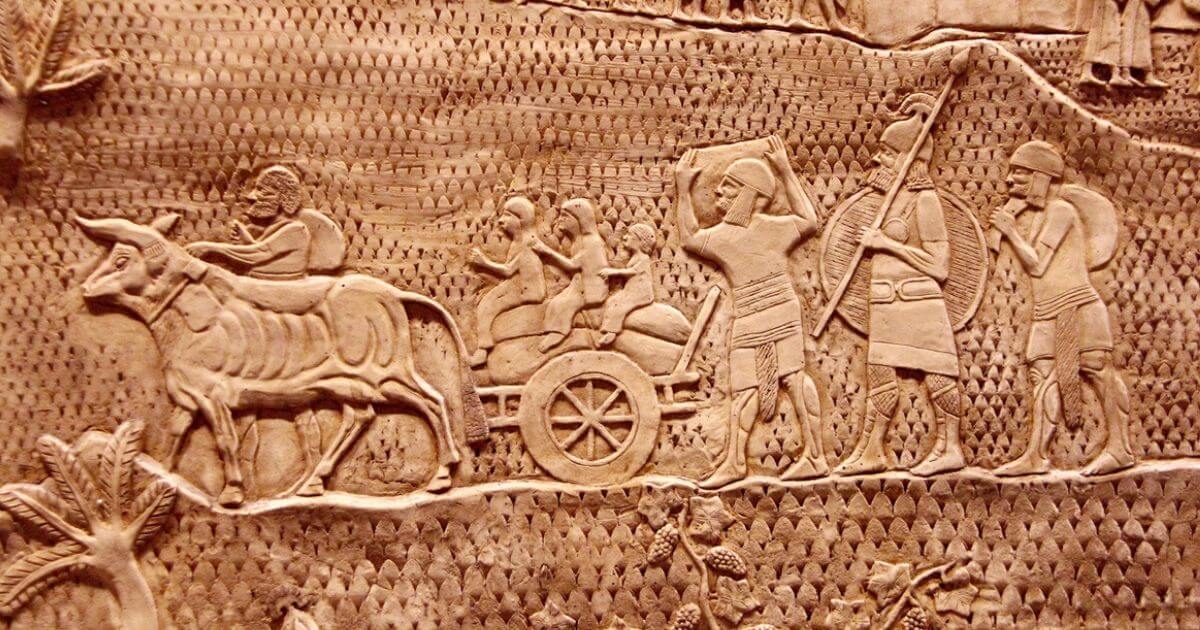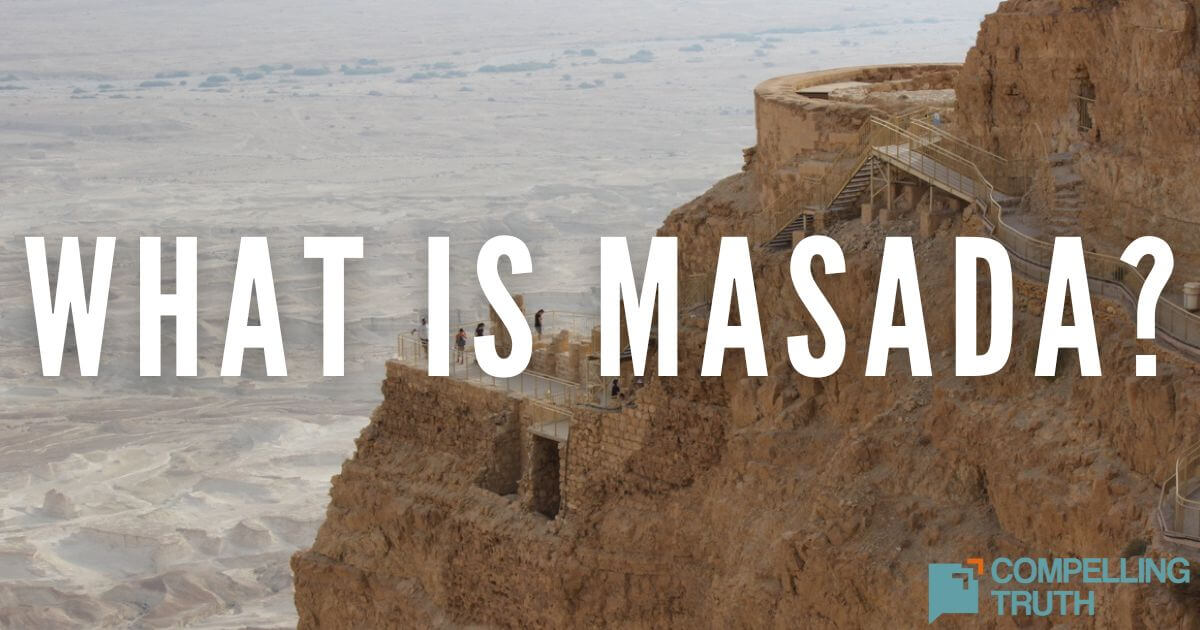In Israel's history, at the end of the time of their kings, the Israelites were attacked and captured by King Nebuchadnezzar II of Babylon (2 Kings 24). The Babylonian army completely destroyed the temple and much of Jerusalem, and the Israelites spent seventy years living in Babylon. This period of Israel's history is called the Babylonian captivity or the Babylonian exile. It is significant because it was prophesied about in the Old Testament and it had a big spiritual impact on the Israelites and their faithfulness to God.
One of the biggest impacts of the Babylonian captivity was that the Israelites never again practiced idolatry as a whole nation. God ultimately judged Babylon as He promised, and Babylon was destroyed by the Persian empire. The Babylonian captivity reveals that God is true to His Word. It also demonstrates that He will bring about the chastisement His people need in order to walk faithfully and receive His blessings. Babylon also becomes a metaphor in the Bible for worldly temptations and idols (Revelation 17:4-5, Jeremiah 51:7).
Daniel, Hananiah, Mishael, and Azariah set an example for us to look to as we navigate this world. Like the Israelites in Babylon, if we have put our faith in Jesus Christ, we are aliens and exiles (1 Peter 2:11). Our citizenship is in heaven (Philippians 3:20). We can take instruction from the way God commanded the Israelites in Babylon: we are to build our homes and our gardens, serve our countries and work for their good. Peter echoes similar instructions throughout 1 Peter. Just as the Israelites were to continue to serve God even in their exile, our full allegiance must remain in Jesus Christ, who has the power to save our bodies and our souls.




